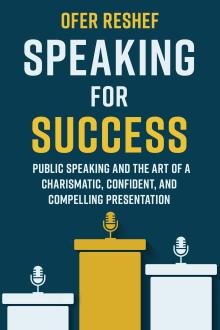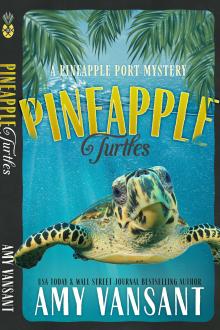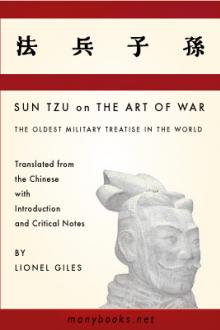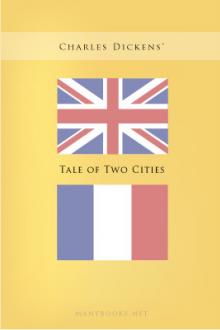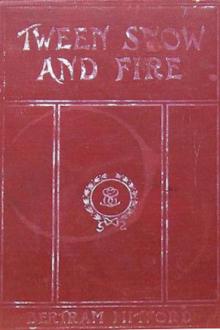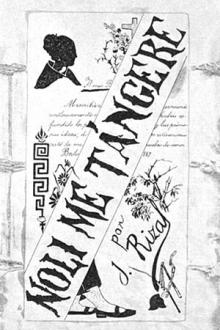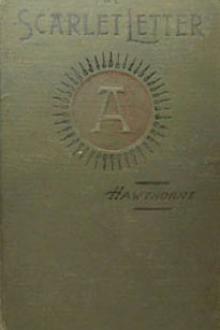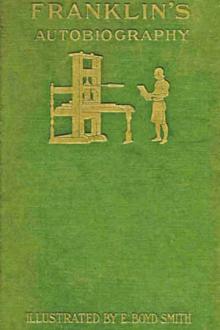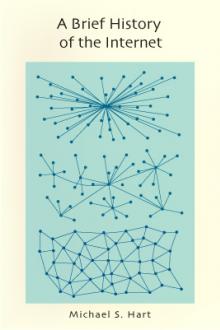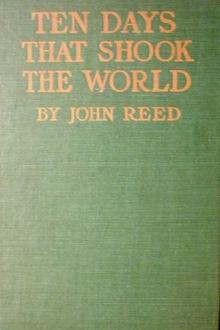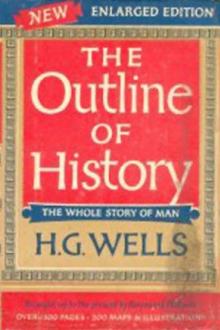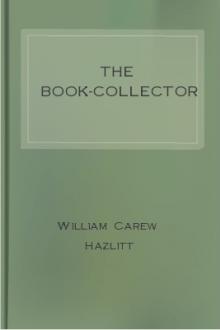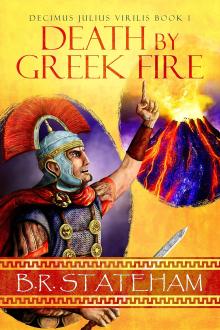Old Cookery Books and Ancient Cuisine
Old Cookery Books and Ancient Cuisine
Man has been distinguished from other animals in various ways; but perhaps there is no particular in which he exhibits so marked a difference from the rest of creation—not even in the prehensile faculty resident in his hand—as in the objection to raw food, meat, and vegetables. He approximates to his inferior contemporaries only in the matter of fruit, salads, and oysters, not to mention wild-duck. He entertains no sympathy with the cannibal, who judges the flavour of his enemy improved by temporary commitment to a subterranean larder; yet, to be sure, he keeps his grouse and his venison till it approaches the condition of spoon-meat.
Book Excerpt
"Dans la paix de ma conscience, non moins que dans l'orgueil d'avoir si honorablement rempli cette importante mission, je m'ecrierai avec le poete des gourmands et des amoureux:
"Exegi monumentum aere perennius Non omnis moriar."
THE EARLY ENGLISHMAN AND HIS FOOD.
William of Malmesbury particularly dwells on the broad line of distinction still existing between the southern English and the folk of the more northerly districts in his day, twelve hundred years after the visit of Caesar. He says that they were then (about A.D. 1150) as different as if they had been different races; and so in fact they were--different in their origin, in their language, and their diet.
In his "Folk-lore Relics of Early Village Life," 1883, Mr. Gomme devotes a chapter to "Early Domestic Customs," and quotes Henry's "History of Great Britain" for a highly curious clue to the primitive mode of dressing food, and partaking of it, among the Britons. Among the Anglo-Saxons the choice of poultry and game
FREE EBOOKS AND DEALS
(view all)Popular books in Cooking, History
Readers reviews
0.0
LoginSign up
Be the first to review this book
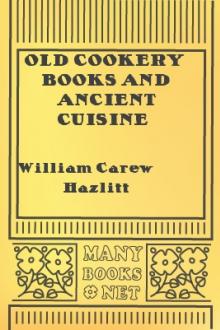
 Free Download
Free Download
